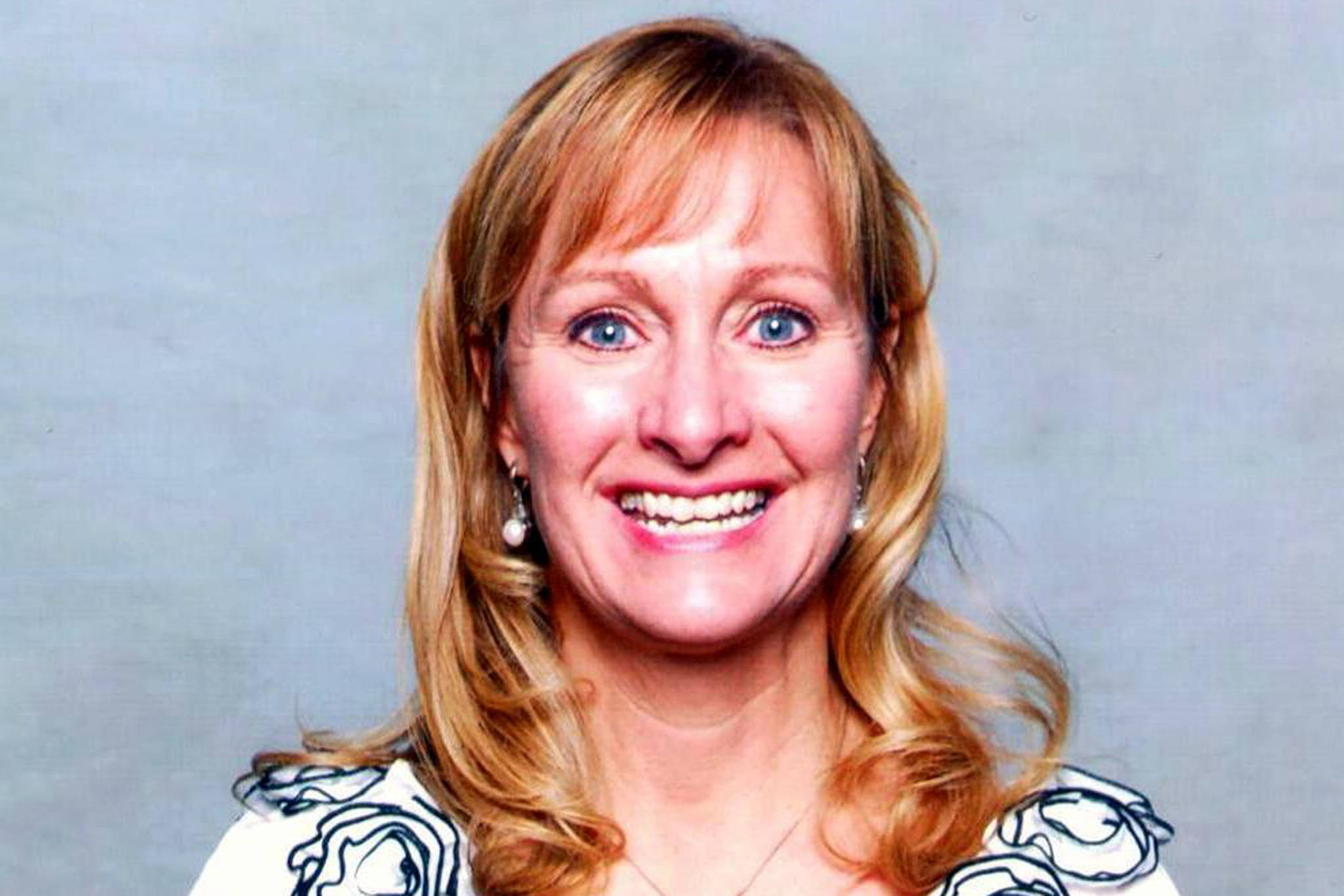It’s time for a reality check. Since Alaska expanded Medicaid to able-bodied adults in 2015, our state has experienced cost overruns, unexpected — but predictable — over-enrollment, and is facing a dependency crisis. Some — local lawmakers and local lobbyists included — would have you believe that Medicaid expansion has benefited our state. But it’s time to face the facts: Medicaid expansion is failing Alaskans.
In 2017, the Gov. Bill Walker’s administration projected that 23,273 able-bodied adults would enroll in Medicaid expansion at a cost of $7,500 per person. Actual enrollment in 2017 reached over 35,000 adults, and the cost per person was nearly $10,500 — nearly a $200 million cost overrun. While it’s true that the federal government is responsible for a portion of Medicaid expansion costs, Alaska lawmakers would be foolish to think our federal government will subsidize the program indefinitely. Medicaid costs are growing across the nation, not just here, and the federal debt already stands at more than $21 trillion. Pair that with the federal government’s poor record of keeping its funding promises and passing on more Medicaid costs to the states doesn’t seem so farfetched. In the meantime, Alaska is diverting more and more of our own sparse funds to prop up Medicaid expansion, using public dollars that would otherwise go to education, public safety, infrastructure and the truly needy.
[Opinion: Debunking the myths of Medicaid expansion]
Instead, these funds are going directly to able-bodied adults — the majority of whom are not working. A recent opinion editorial by Becky Hultberg uses a previously-debunked Kaiser Family Foundation report in an attempt to build a case that proves these adults are working. The reality paints a more grim picture: there are over 12 million able-bodied adults in the U.S. dependent on Medicaid as a result of expansion, and the majority do not work at all.
The Kaiser report cited in the editorial used inaccurate numbers in every single state it pulled data from — in Nevada alone, Kaiser claims that “only” 35 percent of able-bodied adults on Medicaid aren’t working. The truth is that 60 percent report no income in Nevada. The number of able-bodied adults not working here in Alaska isn’t currently available from the state — but given what every other state is experiencing, it’s not difficult to imagine how many able-bodied Alaskans aren’t working.
[Opinion: Medicaid expansion is a fiscal trap for Alaskans]
That’s not the only misconception touted by those who think able-bodied adults should be prioritized over the truly needy. The recent editorial also claims that Medicaid expansion has acted as a stimulus to the economy — but the truth is, Medicaid expansion discourages work and shrinks the economy. The jobs that were promised by Obamacare supporters have yet to materialize, and instead, more able-bodied adults have been trapped in a downward spiral of dependency than were ever anticipated.
Consider what Kentucky experienced: “The reality is, the number of Kentuckians who have enrolled in Medicaid expansion is more than double the number projected, while the number of new jobs created and the economic impact from Medicaid expansion has been significantly lower than forecasted … The reality is that Medicaid expansion does not pay for itself.”
[Proposed Medicaid, health care cuts spark outrage]
The solution for Alaska, isn’t more welfare — it’s more work. Common-sense work requirements for able-bodied adults can help Alaskans break free from the Medicaid expansion trap and regain their self-sufficiency, while preserving state resources for the truly needy instead.
Research shows that work requirements — requiring able-bodied adults to work, train, or volunteer at least part-time in order to receive benefits — offer enrollees a better future through the power of work. When work requirements were implemented in welfare programs, able-bodied adults leaving welfare found work in diverse industries and more than tripled their incomes — more than offsetting any lost benefits.
Adding a commonsense work requirement to Alaska’s Medicaid program makes sense. We should be encouraging these able-bodied adults to move off the sidelines and back into the workforce, not the opposite. By implementing a Medicaid work requirement, we can emphasize the power of work to transform lives and break the cycle of dependency while preserving resources for truly needy Alaskans and shoring up our state budget for the future.
• Bethany Marcum is the executive director of the Alaska Policy Forum. My Turns and Letters to the Editor represent the view of the author, not the view of the Juneau Empire.

